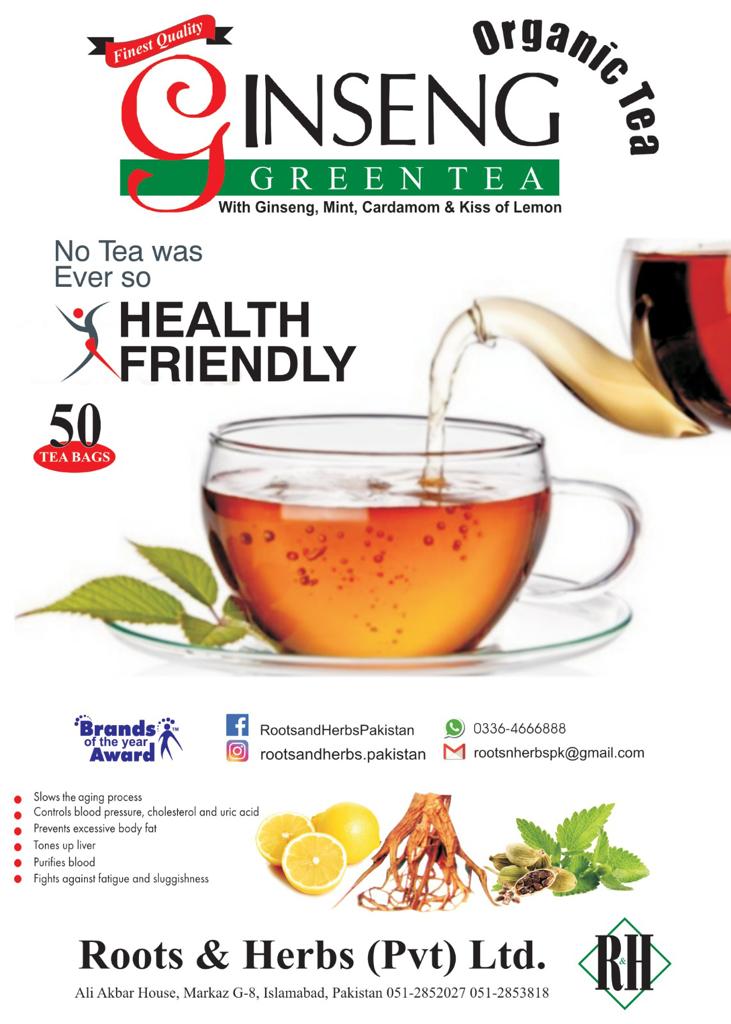Dr. Faisal Khan
In our society a social stigma, shame and blame is experienced by most of patients suffering from any type of mental illness or neuropsychiatric disorder. Mental illness is common in our society. It affects thousands of people in Pakistan. One in every four people experienced a mental health problem at some point in their lives. Around one in every ten children experience mental health problems. Depression affects around one in every 12 of the whole population. About 450 million people world-wide have any one type of mental health problem. In our culture mostly friends, families, relatives, work colleagues and our society in general responsible for this social stigma and discrimination attached with mental health problems. This situation always creates more difficulties for the patients and make it harder for them to recover from mental illness.
It is Not Incurable
Most of neuropsychiatric patients may recover completely, or are able to live with it and manage them, especially if they get helpful attitude and medical intervention early on. But unfortunately, most of people are affected due to social stigma attached with their mental ill health. In fact, they experience discrimination in all aspects of their lives. During my studies and research in the field of public healthcare I have observed many neuropsychiatric patients, their problems are made worse just by the stigma and discrimination they experience from society, but also from their families, friends and employers. Nearly three out of every four patients with a mental illness report that they have experienced social stigma.
Social Stigma is a mark of disgrace that sets a person apart from others. In our society when someone is labelled by their mental illness they are no longer seen as an individual but as part of a stereotyped group. Negative attitudes and opinions toward this group create prejudgment which leads to negative actions and discrimination. This situation brings experiences and feelings of shame, blame, hopelessness, distress, loneliness, isolation, social exclusion, stereotyping, derogatory labels, being treated differently than the rest of society, discrimination in employment or services. This stigmatic attitude worsens a person’s illness and can lead to hesitancy and reluctance to seek proper treatment or to accept necessary help. Most of times families of the patient are also affected by stigma, leading to a lack of disclosure and support. Some groups of people are subjected to multiple types of stigma and discrimination in society at the same time, such as people with any type of neuropsychiatric disorder and same time they belong to a cultural or ethnic minority.
Common Myths About Mental Illness
For my readers, here I am going to mention 6 most common myths about mental illness. 1st most common myth about neuropsychiatric disorder is that mental illness only affects a few people. In fact, mental illness is common. One out of every 4 persons will experience a mental illness. Neuropsychiatric disorders affect people of all ages, all sections of society, all educational and income levels and cultures. 2nd myth is that mental illness is caused by a personal weakness. But in fact, a mental illness is not a character flaw. It is caused by a complex interaction and interplay of genetic, organic, biological, social and environmental factors. Seeking treatment for mental illness and accepting help is a sign of strength. 3rd myth is that people with a mental illness never get better. In fact, with the right treatment and right kind of help, most people do recover and lead healthy, productive and satisfying lives. 4th myth is that people with a mental illness can pull themselves out of it. In fact, a mental illness is not caused by personal weakness and is not cured by personal strength, it needs proper treatment. 5th myth is that people with a mental illness are violent. In fact, people with a mental illness are no more violent or dangerous than the rest of the population. 6th common myth is that people with a mental illness should be kept in mental hospitals. But in fact, with appropriate treatment and support, people with a mental illness can live successfully in the community. In fact, the majority of people with a mental illness live independently in the community very successfully.
Change in Attitudes is Must
Only with our positive attitudes we can challenge this stigma related with mental illnesses and neuropsychiatric disorders. This stigma and dishonouring attitudes of society may can be reduced by awareness campaigns through electronic and print media, public demonstrations, walks, seminars, symposiums, debates, open discussions, and education, specially some basic education about mental illnesses and their treatment. Social media also can play its role to educated the society that stigma is presented as a morally unfair and people are encouraged not to act in unsuitable and inappropriate ways. Only meaningful education can challenge inaccurate stereotype behaviours about mental illness and can replace these with factual information. A direct communication with public, through electronic media, a face-to-face interaction between a person with a mental illness and the general public, brings truly great improvements in public attitudes. It is the responsibility of all public health related governmental and non-governmental organisations, that they should do their whole-hearted efforts to create a mentally healthy community by reducing stigma & discrimination towards patients with neuropsychiatric issues. Community awareness campaigns can be more successful and fruitful if these are long term and involve people with experience of mental illness. In fact, we all have to play our role for creating a rationally healthy community that supports recovery, social inclusion and reduces all types of discrimination from the society.
I would like to suggest 10 practical ways that everyone can use to reduce discrimination from society, towards people with experience of mental illness.
- Learn and share the basic facts about mental health and illness.
- Get to know people with personal experiences of mental illness.
- Speak up and protest when your friends, family, colleagues or any section of media discriminate any mentally sick patient and spread false beliefs and negative stereotypes.
- Offer the same support and care to people when they are sick whether they have a physical or mental health illness.
- Don’t label, don’t judge and don’t critic people by their illness.
- Treat people with a mental illness with respect and dignity, as you would anyone else. Don’t discriminate neuro psychiatric patients when it comes to their participation in social activities and employment.
- Talk openly of your own experience of mental illness. The more secret and more hidden mental health issues remain, the more people continue to believe that mental illnesses are shameful and need to be covered and concealed.
- Most people who experience mental health problems recover fully, or are able to live with and manage them, if they get treatment.
- challenge these stereotype discriminating attitudes in society, through first hand contact with people with experience of mental health problems.
- International human rights law makes it illegal to discriminate directly or indirectly against people with mental health problems in social activities, public services, access to premises, education, employment, associations and transport.















